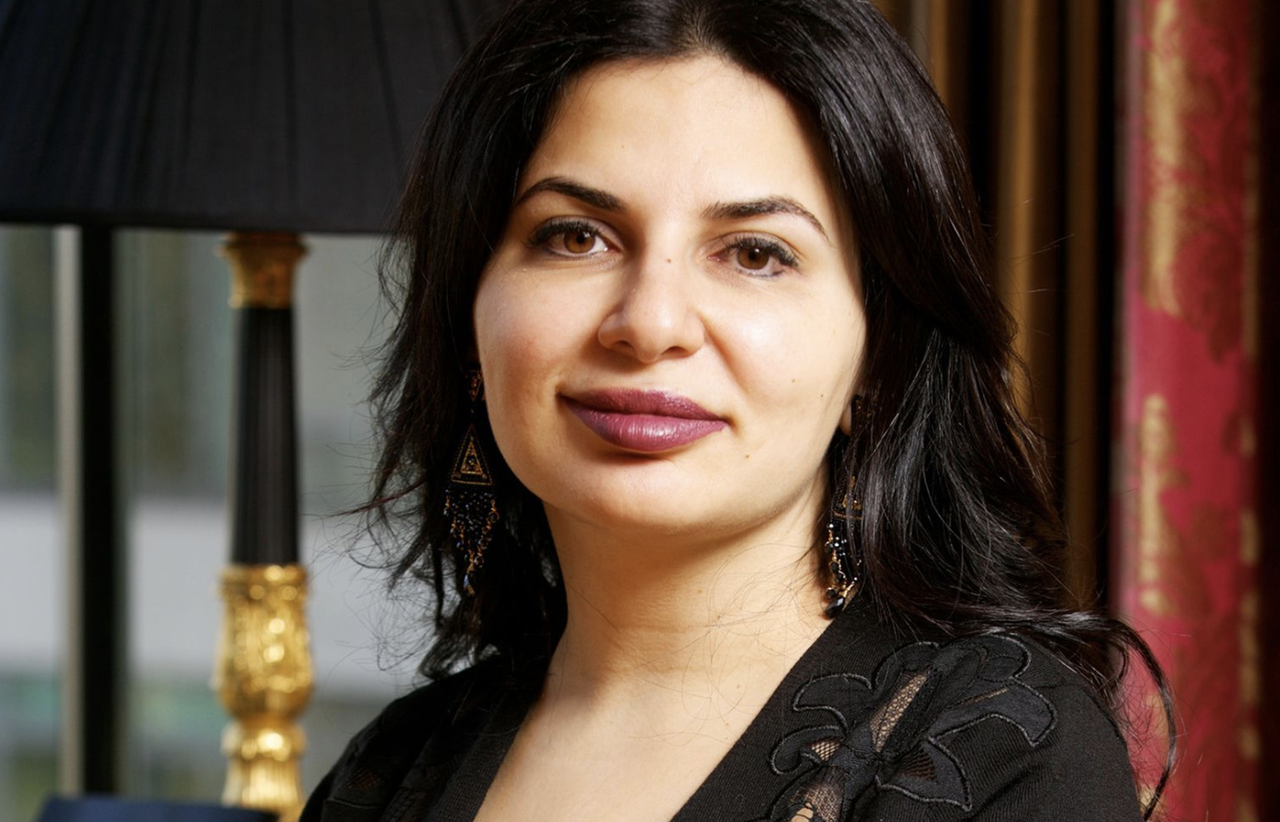Here’s why ALL the crypto-currencies are extremely risky and subject to fraud.
Prosecutors Charge Alleged Masterminds Of $4 Billion Crypto Pyramid Scheme
ZeroHedge.com
Anybody who was following developments in the crypto-universe during the ICO boom of 2017 already knows – or at least suspects – that the cryptocurrency industry is littered with scams and hackers eager to separate uncritical and gullible investors from their hard-earned money. Some of bitcoin’s harshest critics have likened the mother of all cryptocurrency to a pyramid scheme.
But as thousands of marginal buyers have learned, that distinction can be subjective. But when it comes to OneCoin, a cryptocurrency project launched in 2014 that purportedly attracted more than $3.5 billion in investor capital, that label is unquestionably appropriate. To wit, federal prosecutors in Manhattan this week busted what they described as an “old-school” pyramid scheme supercharged by blockchain technology when they arrested one of the founders of OneCoin at LAX.
Ruja Ignatov
The Bulgarian heads of the alleged fraud, Konstantin Ignatov and his sister Ruja, have both been charged with an array of felonies, including wire fraud, securities fraud and money laundering. While Konstantin was taken into custody in the US, Ruja hasn’t been apprehended, according to Bloomberg.
The alleged head of the scheme, Konstantin Ignatov, was arrested Wednesday at Los Angeles International Airport and charged with conspiracy to commit wire fraud, Manhattan U.S. Attorney Geoffrey Berman said in a statement. Ignatov’s sister Ruja, the founder and original leader of OneCoin, was charged with wire fraud, securities fraud and money laundering. She hasn’t been arrested.
So far, prosecutors have located $1.2 billion in investor money, which had reportedly been laundered through 21 countries. OneCoin operated by paying customers commissions if they managed to recruit more members. The company has been accused of lying to customers, telling them that the value of the coins was determined by market forces when it was actually artificially set by the company, which “mined” coins internally on its servers.
According to Reuters, the company’s records show sales of nearly $4 billion and profits of $2.5 billion(though what actually happened with the money, and what distinctions like “profit” and “sales” even mean within the context of this scheme, isn’t really clear).
Prosecutors said OneCoin, which still operates, claimed to have more than 3 million members, who would receive commissions for recruiting new members to buy cryptocurrency packages.
Much of the $1.2 billion of investor money located so far was laundered through at least 21 countries, prosecutors said.
OneCoin records, meanwhile, show profit of 2.23 billion euros (US$2.51 billion) on sales of 3.35 billion euros (US$3.77 billion) in the two years ended Sept. 2016, they added.
Prosecutors accused the founders of building their company on “lies and deceit.”
The defendants “created a multibillion-dollar cryptocurrency company based completely on lies and deceit,” U.S. Attorney Geoffrey Berman in Manhattan said in a statement. “Investors were victimized while the defendants got rich.”
Manhattan District Attorney Cyrus Vance added: “These defendants executed an old-school pyramid scheme on a new-school platform.”
Ruja, who was known online as “cryptoqueen” allegedly created the company, before handing management off to her brother. She hasn’t been heard from since late 2017, when she disappeared. She is believed to still be at large.
Prosecutors also have evidence that the founders knew the company was a scam, and actively tried to deceive their customers.
Ignatova was quoted as telling a co-founder that “I cheat currently on coins,” and that one possible “exit strategy” was to “take the money and run and blame someone else.”
Ignatov, meanwhile, allegedly told a OneCoin member recently in Las Vegas: “If you are here to cash out leave this room now because you don’t understand what this project is about.”
Another defendant, Mark Scott, 50, of Coral Gables, Fla., pleaded guilty in September of helping the company launder some $400 million. Scott is a former partner at law firm Locke Lord.
This is the second major crypto scam to be exposed so far this year, after the “collapse” of QuadrigaCX, the disgraced Canadian crypto exchange that was apparently drained of its customers’ $150 million in deposits last spring, months before the founder mysteriously “died” while traveling in India late last year, leaving his widow and former company to declare bankruptcy.
Whatever happens next, one thing’s for sure: With bitcoin mired in the second year of a bear market, this news certainly doesn’t inspire confidence in the crypto space.

